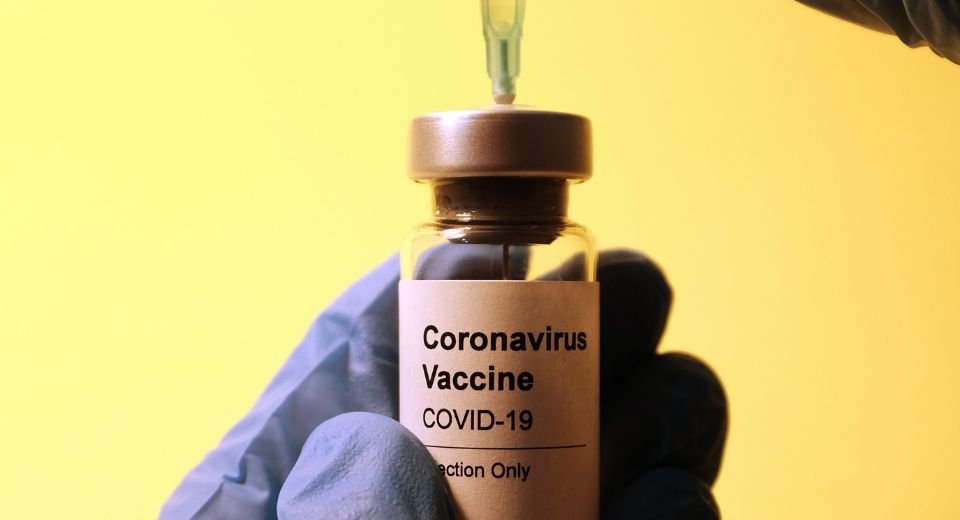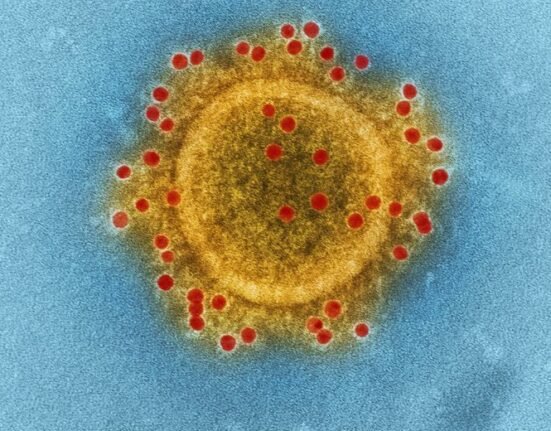HQ Team
February 28, 2024: An international team of researchers conducted a large study on the safety of COVID-19 vaccines and found potential adverse effects associated with vaccination.
While affirming the overall safety and efficacy of vaccination, the study found minor increases in certain health conditions post-vaccinations.
With data amassed from approximately 100 million vaccinated individuals across eight nations, researchers meticulously scrutinized the occurrence of specific health conditions post-vaccination such as myocarditis, pericarditis, Guillain-Barré syndrome, and cerebral venous sinus thrombosis. Moreover, it sheds light on new potential safety signals that had eluded detection in prior studies, thereby expanding our understanding of vaccine-related risks.
“The risk up to 42 days after vaccination was generally similar to the background risk for the majority of outcomes,” the authors said in their published paper.
Disparities across vaccine types
Over 13.5 billion doses of COVID-19 vaccines have been given, with at least 70.6 percent of the world’s population having received at least one dose. Clinical trials, generally reveal the expected side effects, but even in huge clinical trials, extremely rare side effects can go undetected.
“This unparalleled scenario underscores the pressing need for comprehensive vaccine safety monitoring, as very rare adverse events associated with COVID-19 vaccines may only come to light after administration to millions of individuals,” the authors write.
Notably, variations in risk profiles were observed between different types of COVID-19 vaccines. While viral-vector vaccines, such as AstraZeneca, exhibit certain adverse events like Guillain-Barré syndrome, mRNA vaccines, like Pfizer-BioNTech, are associated with different risks, including myocarditis and pericarditis. This nuanced differentiation underscores the importance of considering vaccine types in assessing safety profiles.
Vigilant monitoring
The study underscores the need for continuous and comprehensive vaccine safety monitoring, especially in the context of exceptionally rare adverse events that may only manifest post-vaccination on a large scale. This ongoing surveillance is crucial for promptly identifying and addressing potential safety concerns to uphold public confidence in vaccination efforts.
Myocarditis and Pericarditis:
Following mRNA vaccines, an elevated risk of heart inflammation, particularly after the second dose of Moderna’s vaccine, is noted. While instances of vaccine-induced myocarditis have generally been mild, a small number of fatalities have occurred. Pericarditis, inflammation of the tissue surrounding the heart, also shows a heightened risk post-vaccination.
Cerebral Venous Sinus Thrombosis (CVST)
Viral-vector vaccines, notably AstraZeneca, are associated with a heightened risk of CVST, a type of blood clot in the brain. The risk is particularly notable after the first dose, with a statistically significant increase observed compared to the expected background rate.
Guillain-Barré Syndrome (GBS)
A notable increase in cases of Guillain-Barré syndrome is observed following viral-vector vaccines, with a statistically significant rise noted post-AstraZeneca vaccination. This rare immune system disorder affects the nerves and represents a potential safety signal warranting further investigation.
The findings of this groundbreaking study provide a comprehensive overview of COVID-19 vaccine safety, offering valuable insights into potential adverse effects associated with vaccination.








13 Comments